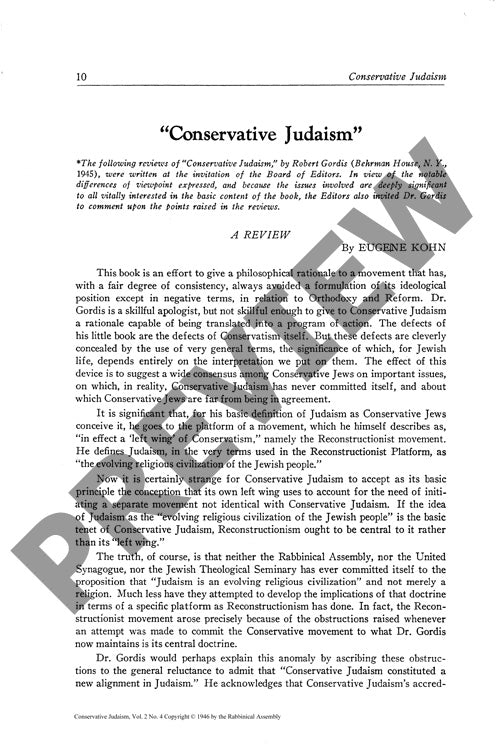Reviews of Conservative Judaism by Rober
Couldn't load pickup availability
Conservative Judaism's struggle to forge a distinct theological identity in 1940s America came to the fore through heated scholarly exchanges over Robert Gordis's influential 1945 work "Conservative Judaism." Critical analysis of three substantial reviews in Conservative Judaism journal reveals deep tensions over the movement's philosophical foundations and its complex relationship with Reconstructionist thought. Eugene Kohn challenged Gordis's selective adoption of Reconstructionist terminology without fully engaging its implications, arguing this created an ambiguous shelter for both progressives and traditionalists. While more sympathetic, Isaac Klein questioned the movement's practical effectiveness and its claimed "American" character. Gordis's subsequent response defended Conservative Judaism's independent development, asserting priority in key theological formulations and articulating fundamental differences with Reconstructionism regarding God-concepts, Jewish law's authority, and Israel's role in revelation. The discourse, examined through close reading of the published exchanges, illuminates Conservative Judaism's fundamental challenge: establishing coherent ideological boundaries while maintaining broad constituency appeal. By the 1940s, the movement found itself in an increasingly precarious position between Orthodox tradition and Reform innovation, with Reconstructionism serving as both intellectual stimulus and potential threat to its theological coherence.

More Information
-
Physical Description
-
Publication Information
Published 1946
ISBN
-
Publication Credits

